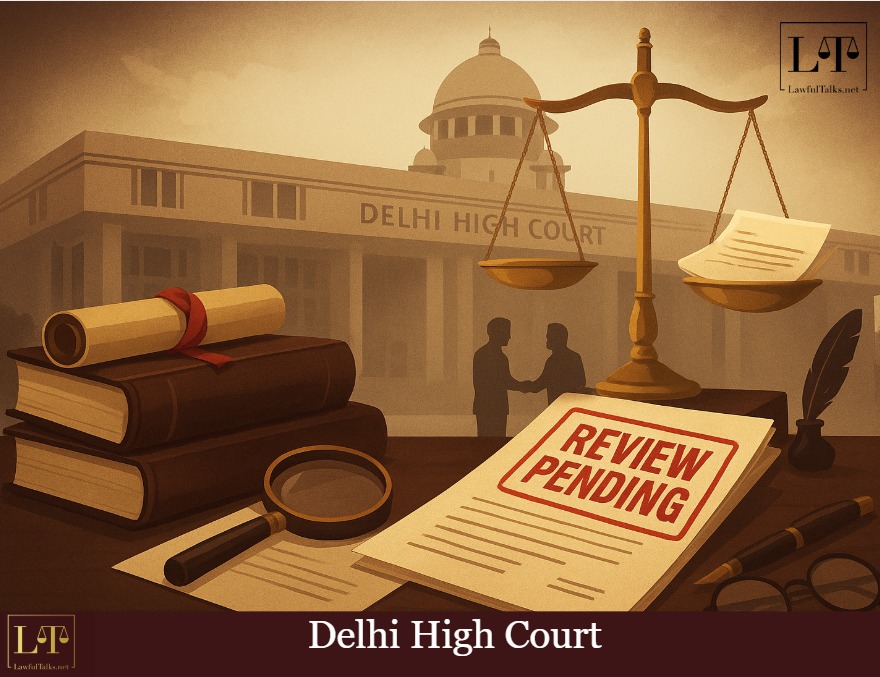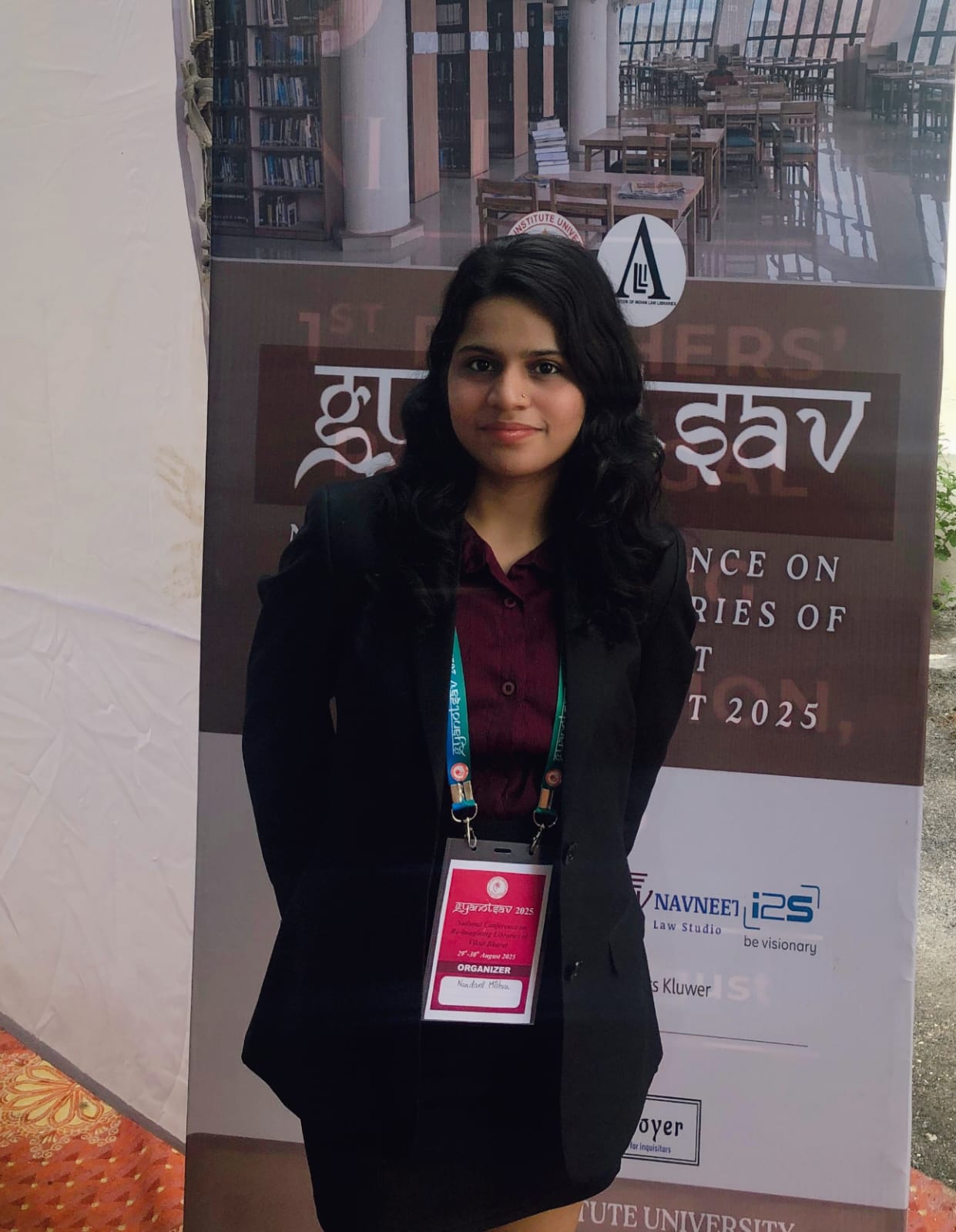Allahabad HC Sets Aside Afzal Ansari's Conviction, Allows Him to Continue as MP

In a significant ruling, the Delhi High Court has stressed that it is the mandatory duty of advocates and law firms to verify whether the case laws they cite are final. The Court expressed concern over the lack of professional responsibility in some cases, noting that citing judgments still pending appeal or review—without disclosing that fact—can mislead the court and affect the fairness of proceedings.

Background:
The observation came from Justice Purushaindra Kumar Kaurav while hearing a plea filed by ReNew Wind Energy (AP2) Pvt. Ltd. The company had sought interim protection against the Solar Energy Corporation of India (SECI) to prevent deductions from its monthly invoices while arbitration proceedings were pending.
The Court dismissed the petition as non-maintainable, holding that under Section 79(1)(f) of the Electricity Act, the Central Electricity Regulatory Commission (CERC) alone has the authority to refer disputes involving generating companies or transmission licensees to arbitration. This power overrides the authority of regular courts to make such referrals under the Arbitration Act.
However, what particularly caught the Court’s attention was the conduct of the petitioner’s counsel. Justice Kaurav noted that the petitioner had relied on a 2023 CERC judgment to support its case but had omitted to disclose that a review petition against the same judgment was still pending. It was only later that the Court, through its own verification, unearthed this non-disclosure.
The Delhi High Court made it clear that lawyers, as officers of the Court, are expected to maintain the highest standards of honesty and diligence. Justice Kaurav set out a firm directive on the matter: “Instructing and briefing counsels or law firms are expected to diligently and sincerely verify authorities before citing them in Court. Relying on a decision that is under review or appeal, without disclosing such pendency, shows a lack of candour and may mislead the adjudicatory process.”
The Court also highlighted that the justice system functions on mutual trust between the Bar and the Bench. Justice Kaurav observed: “The justice delivery system runs on mutual trust between the Bar and the Bench. Every stakeholder, the litigant, the counsel, and the Court shares responsibility for upholding its integrity. Any lapse erodes confidence in the entire system.”
Here, the Court observed that the petitioner had relied on a CERC order in its written submissions, apparently unaware that a review petition against that order was pending. The court noted,“After the judgment in the instant case was reserved on 10.10.2025, this Court independently discovered that Review Petition No. 38/RP/2023 in Petition No. 252/MP/2021 had been admitted on 17.05.2024, and judgment in the said review was reserved on 16.09.2025. While this judgment remained reserved, the CERC dismissed the review petition on 27.10.2025.”
Justice Kaurav noted that although the review petition had already been dismissed and the Supreme Court had not stayed the High Court’s judgment, the failure to disclose this fact when the judgment was cited created a potential risk of misleading the Court.
“It is true that the review petition now stands dismissed and that nothing presently turns on these disclosures. However, at the time of reliance, the petitioner could not have known whether the review would be allowed or rejected; had it been allowed, the petitioner would have cited an order later set aside in review.” observed the bench.
Justice Kaurav underscored that parties must be transparent when relying on judgments, stating, “Such disclosures are expected from parties seeking to rely on a decision as representing the correct position of law.”
The Court also drew a clear line between the responsibilities of senior and briefing counsel:“The Court does not expect senior counsels to personally verify every judgment they cite or check whether any review, appeal, or revision is pending. This responsibility lies with the counsel or law firm instructing them.”
In conclusion, the Court held :“...it is hereby concluded that the CERC has the power to refer a dispute, which falls outside the scope of Section 79(1)(a)-(d), for arbitration when there exists an arbitration clause in the agreement involving generating companies or transmission licensees. This power must be exercised, and the party seeking the referral has a right to be referred for arbitration.”
Case Title: RENEW WIND ENERGY (AP2) PVT. LTD v. SOLAR ENERGY CORPORATION OF INDIA

Nandani Mishra
Second Year, B.SC LLB, (cybersecurity) Hons, National law University
Latest Posts
Categories
- International News 19 Posts
- Supreme Court 390 Posts
- High Courts 383 Posts



















































































































































































































































































































































































































































































































































































































































































































































































































